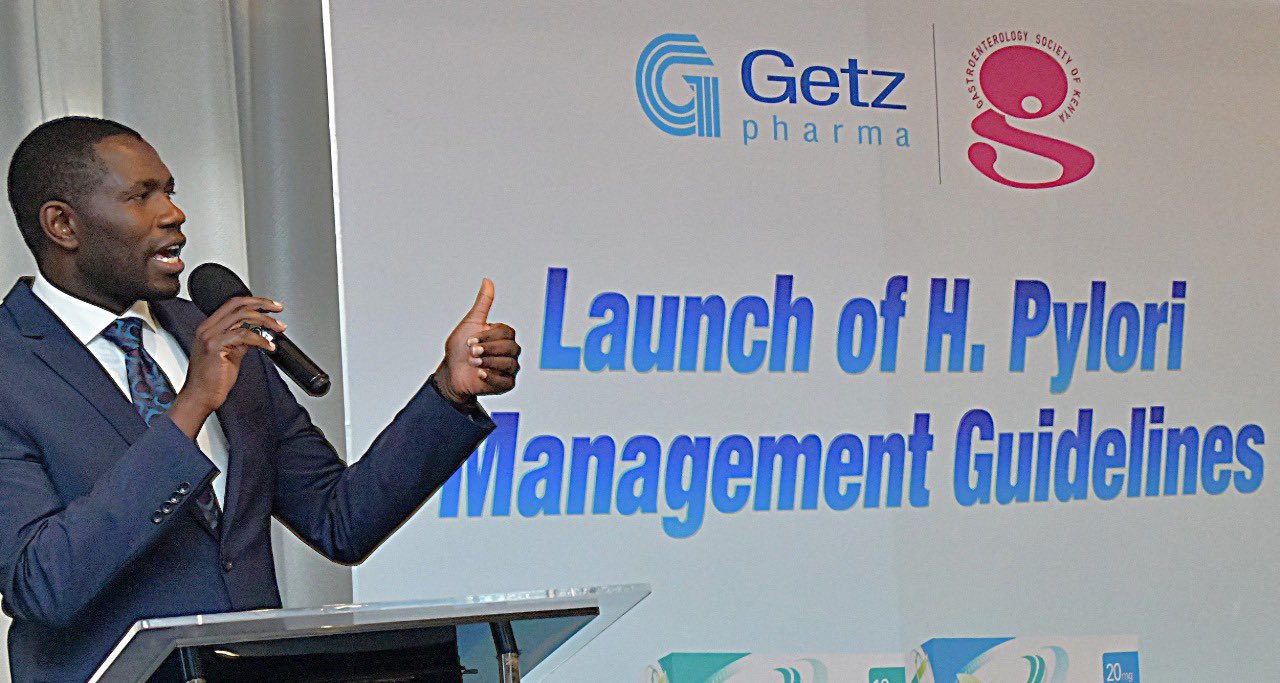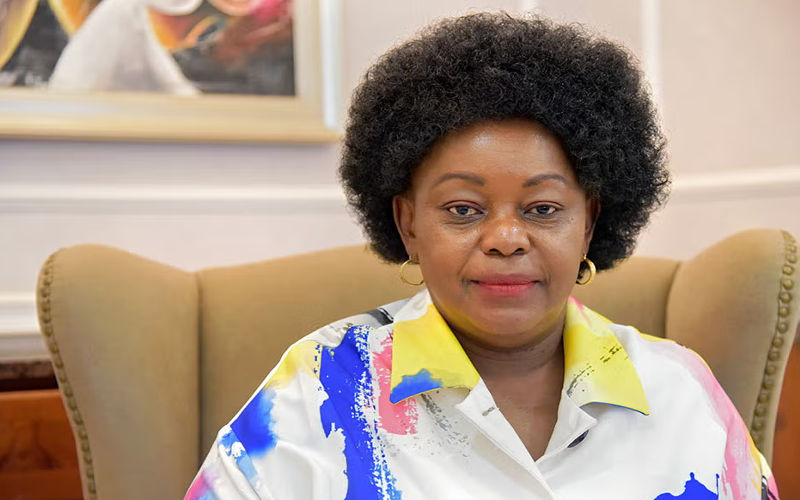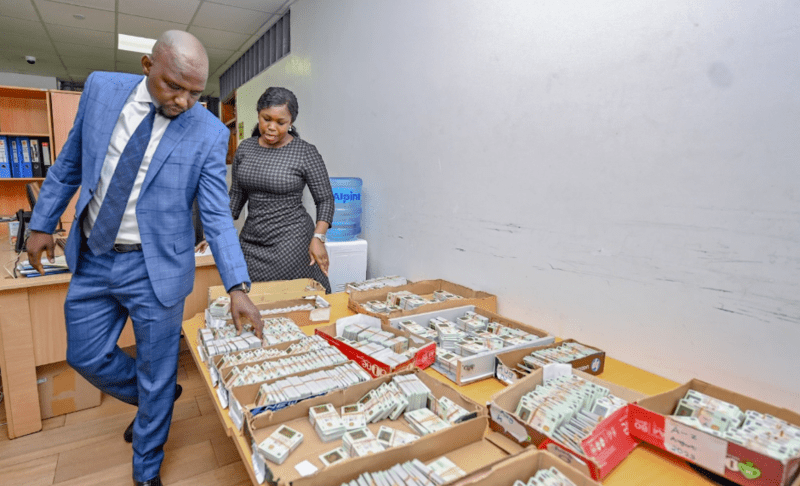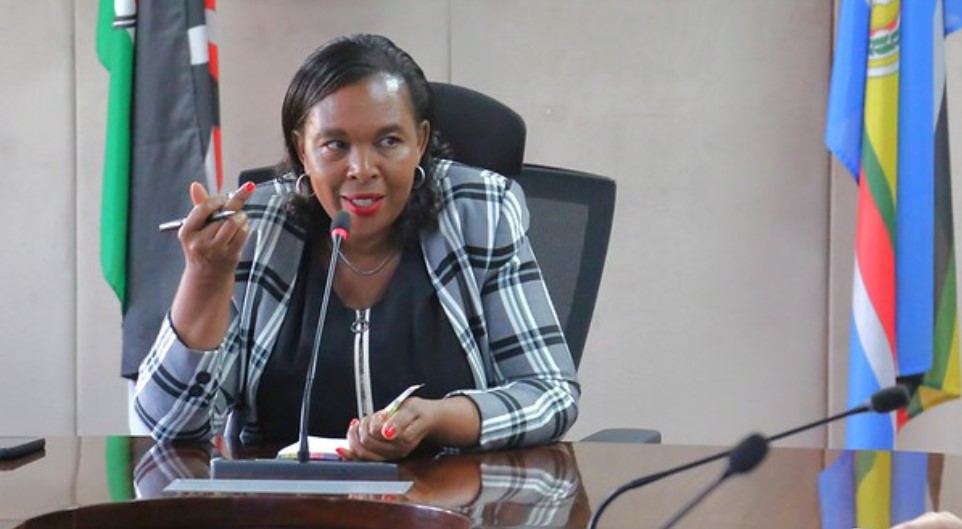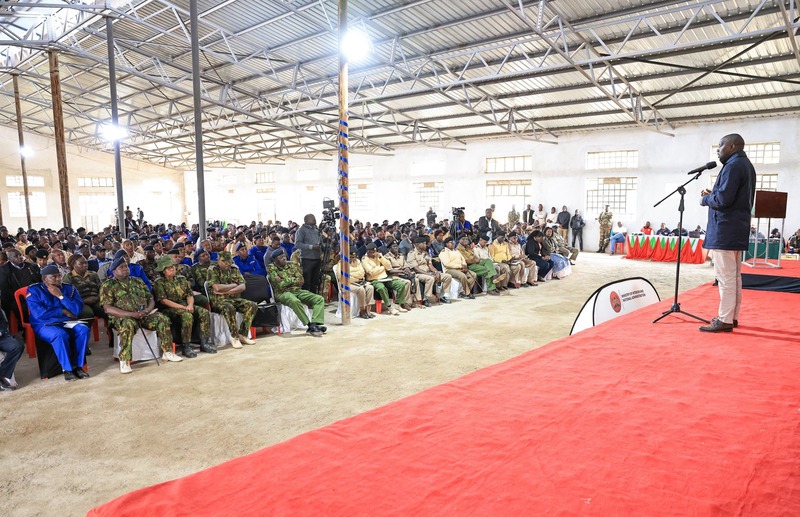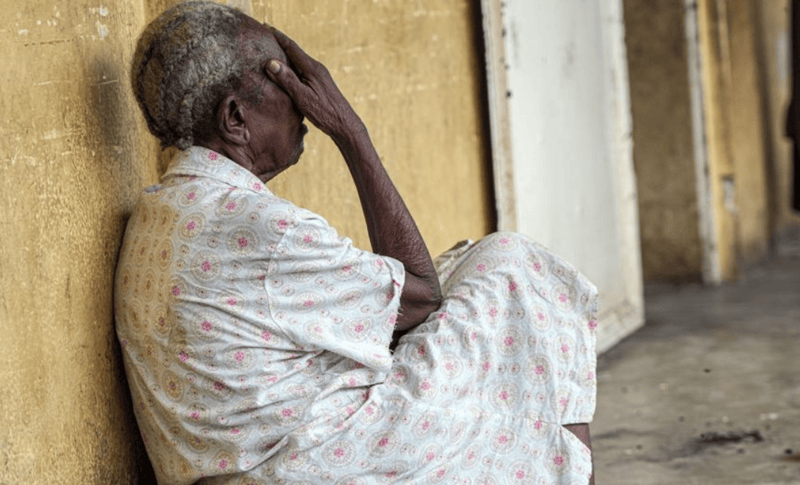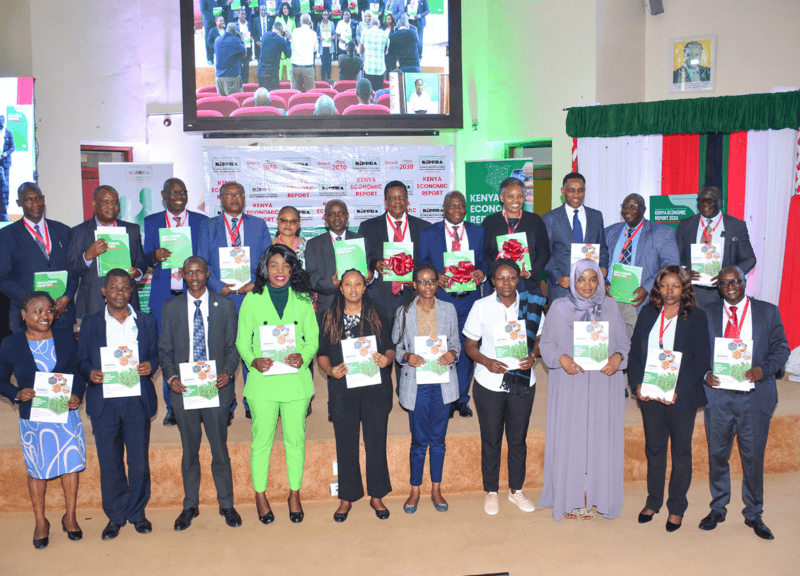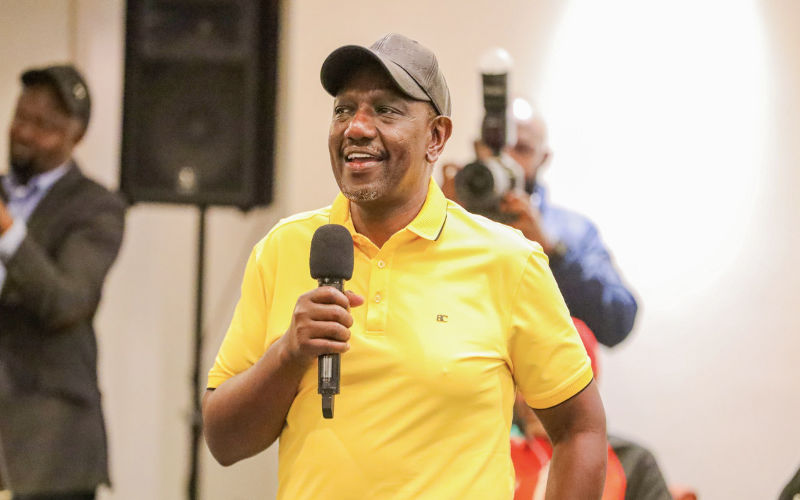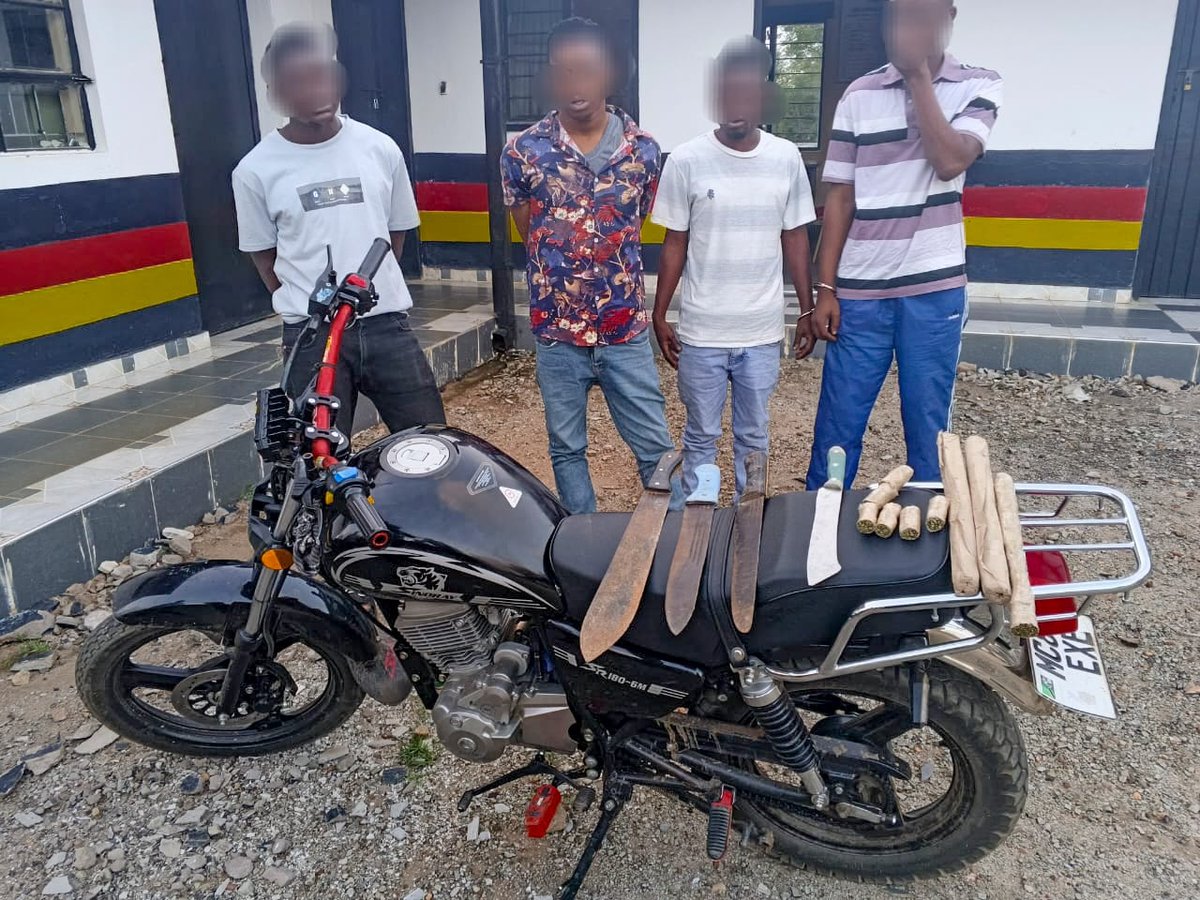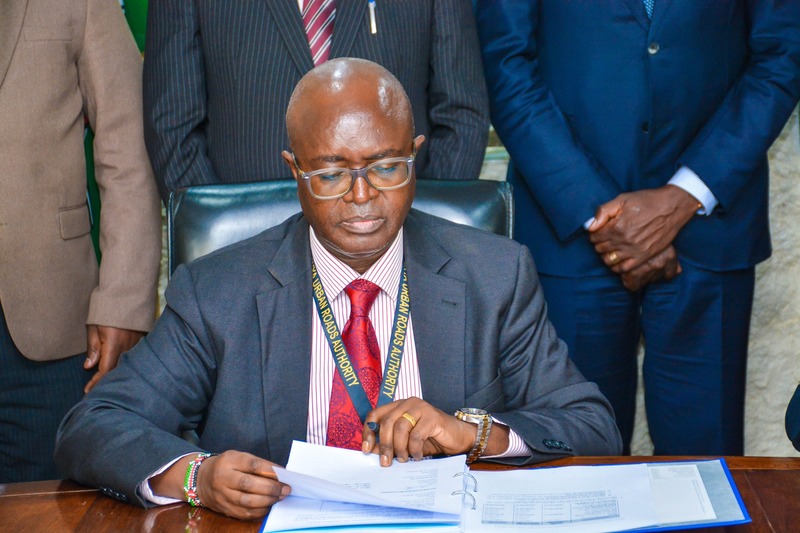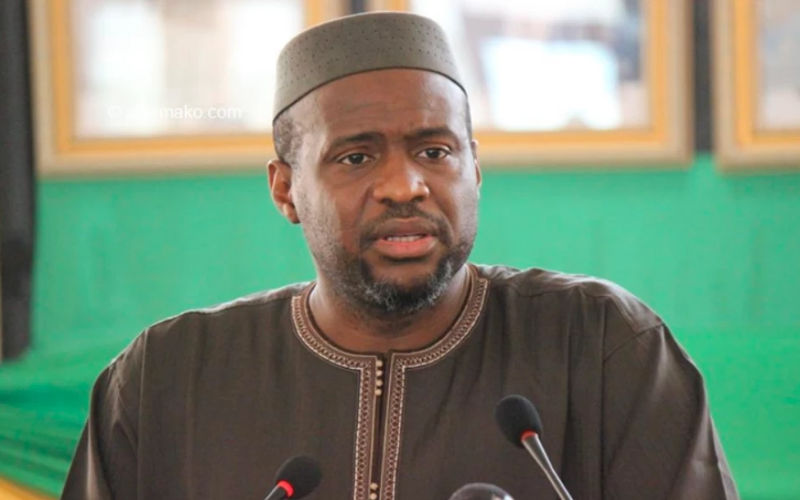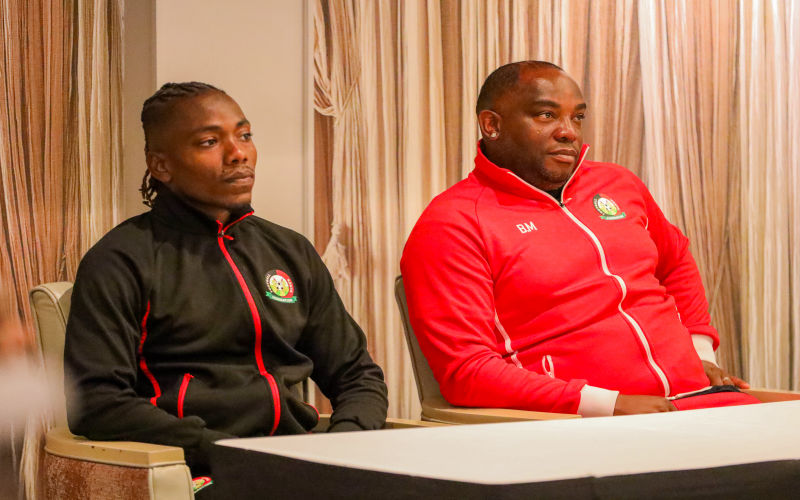Shakahola massacre: Court orders mental checks for Paul Mackenzie, 30 others

Alleged cult leader Paul Mackenzie and 30 other suspects in the Shakahola massacre of at least 428 people will undergo mental checks before they are tried in a murder case.
Mackenzie and his co-accused were arraigned at the Malindi High Court on Wednesday following a directive by Director of Public Prosecutions (DPP) Renson Ingonga.
More To Read
- Eight children feared dead as cult probe intensifies in Kilifi’s Chakama compound
- Fears of new cult deaths in Kilifi as court allows DCI to dig up Chakama Ranch's suspected mass graves
- Court orders exhumation of bodies in Malindi's Binzaro Village amid cult fears
- Cabinet okays sweeping religious reforms amid fears of ‘Shakahola Two’ cult resurgence
- Court hears grim details from Shakahola teen cult survivor on forced starvation
- Shakahola survivor recounts starvation and beatings under Paul Mackenzie’s cult teachings
Judge Mugure Thande ordered that they undergo mental examinations within 14 days to assess their readiness for trial. The court expects the State to present its findings on their mental fitness.
Additionally, their plea-taking and bond application hearing were rescheduled to February 6.
According to the charge sheet, Mackenzie and the others are accused of murdering 191 children, who have so far been identified through DNA analysis. Additional murder charges may follow as more bodies in the Malindi morgue are identified.
Meanwhile, Rhoda Mumbwa Maweu, Mackenzie's wife, is no longer a murder suspect in the case.
The court appearances come after the DPP issued a statement on Tuesday, saying suspects in the Shakahola massacre have a case to answer and should be arraigned.
The charges range from heinous crimes under the Penal Code to offences outlined in the Prevention of Terrorism Act, 2012, and the Prevention of Organized Crimes Act, 2010.
They include murder, manslaughter, assault, engaging in an organised criminal activity, radicalisation, facilitating terrorist acts, and possessing articles connected with offences under anti-terrorism laws.
Top Stories Today
